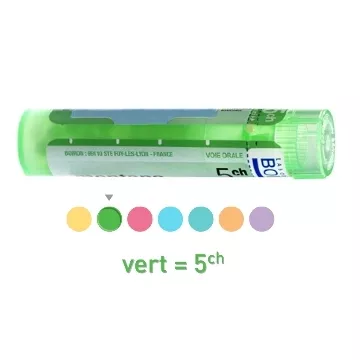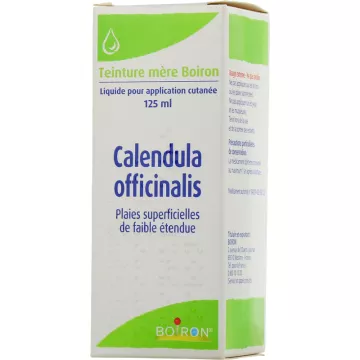



What are the main symptoms of an insect bite?
Symptoms of an insect bite vary widely, depending on the type of insect involved and individual reaction. Common signs include redness, swelling, itching or pain at the site of the bite. In some cases, more severe allergic reactions can manifest as hives, breathing difficulties or angioedema. Early identification of the severity of symptoms is crucial in determining the appropriate treatment.
How to identify the insect responsible for the bite?
Identifying the insect that caused the bite can be essential to treatment. Mosquito bites are usually isolated and cause intense itching. Wasp or bee stings are more painful and can leave a stinger in the skin. Ticks, often difficult to see, can remain attached to the skin for a long time. Knowing the insect will enable you to apply the most appropriate treatment and prevent complications such as Lyme disease for ticks.
What treatments are recommended for insect bites?
Treatment of insect bites depends largely on the type of bite and individual reaction. For minor symptoms, the application of ice and the use of anti-inflammatory or antihistamine creams may suffice. In the case of severe allergic reactions, immediate medical attention is imperative. In the case of tick bites, the tick must be carefully removed with tweezers to avoid transmitting disease.
How to prevent insect bites?
Preventing insect bites includes using repellents, wearing covering clothing and avoiding insect-infested areas. We recommend using products containing DEET or icaridin, which are effective against many types of insect. At home, maintaining windows with mosquito nets and using insecticides can help reduce the presence of insects.
Are there any natural remedies for insect bites?
Several natural remedies can relieve the symptoms of insect bites. Applying baking soda mixed with water can reduce itching. Lavender essential oil, known for its anti-inflammatory properties, can also be applied directly to the bite. It is important to test these remedies on a small area of skin before using them widely to avoid allergic reactions.
When to consult a doctor following an insect bite?
It is necessary to consult a doctor if symptoms worsen, if a severe allergic reaction occurs, or if the bite comes from a potentially dangerous animal such as a tick or scorpion. Warning signs include breathing difficulties, high fever, signs of infection around the sting, or unusual fatigue.
How can I tell the difference between an insect bite and a skin reaction of another origin?
It is often possible to distinguish an insect bite from other skin conditions by observing certain distinctive signs. Insect bites generally present a central point where the insect has bitten, surrounded by redness and swelling. Itching is often associated, while other conditions, such as rashes, may cover more extensive areas without an obvious central point. The presence of several stings in a line or in groups is also indicative of insect bites.
What to do immediately after an insect bite?
As soon as you are aware that you have been bitten by an insect, it is advisable to remove the insect without panicking, and to clean the area with soap and water to reduce the risk of infection. Applying a cold compress can help reduce swelling and pain. Avoid scratching the bite to prevent secondary infections. In case of intense pain, analgesics can be used.
What are the risks associated with insect bites for children and babies?
Children and babies are particularly sensitive to insect bites, not only because of their more delicate skin, but also because they may not be able to avoid insects effectively. Reactions can be more pronounced in young children and, in some cases, lead to severe allergic reactions. It is essential to carefully monitor insect bites in young children, and to consult a physician if symptoms appear abnormal or worsen.
Can insect bites transmit disease?
Yes, some insect bites can transmit diseases. For example, mosquitoes are known to transmit malaria, dengue fever, the Zika virus and other viruses. Ticks can transmit Lyme disease and other serious infections. It's essential to act quickly by removing the tick properly and seeking medical attention, especially if you develop symptoms such as fever, rash, or fatigue after a bite.
How to choose an effective insect repellent?
Choosing an effective insect repellent depends on the planned activity and the duration of exposure. Products containing DEET (N,N-diethyl-m-toluamide) are among the most effective, and can be used safely according to the manufacturer's instructions. For those who prefer more natural options, repellents containing oil of lemon eucalyptus or icaridin can also offer effective protection. It's important to reapply the repellent as recommended to maintain its effectiveness, especially in cases of perspiration or exposure to water.